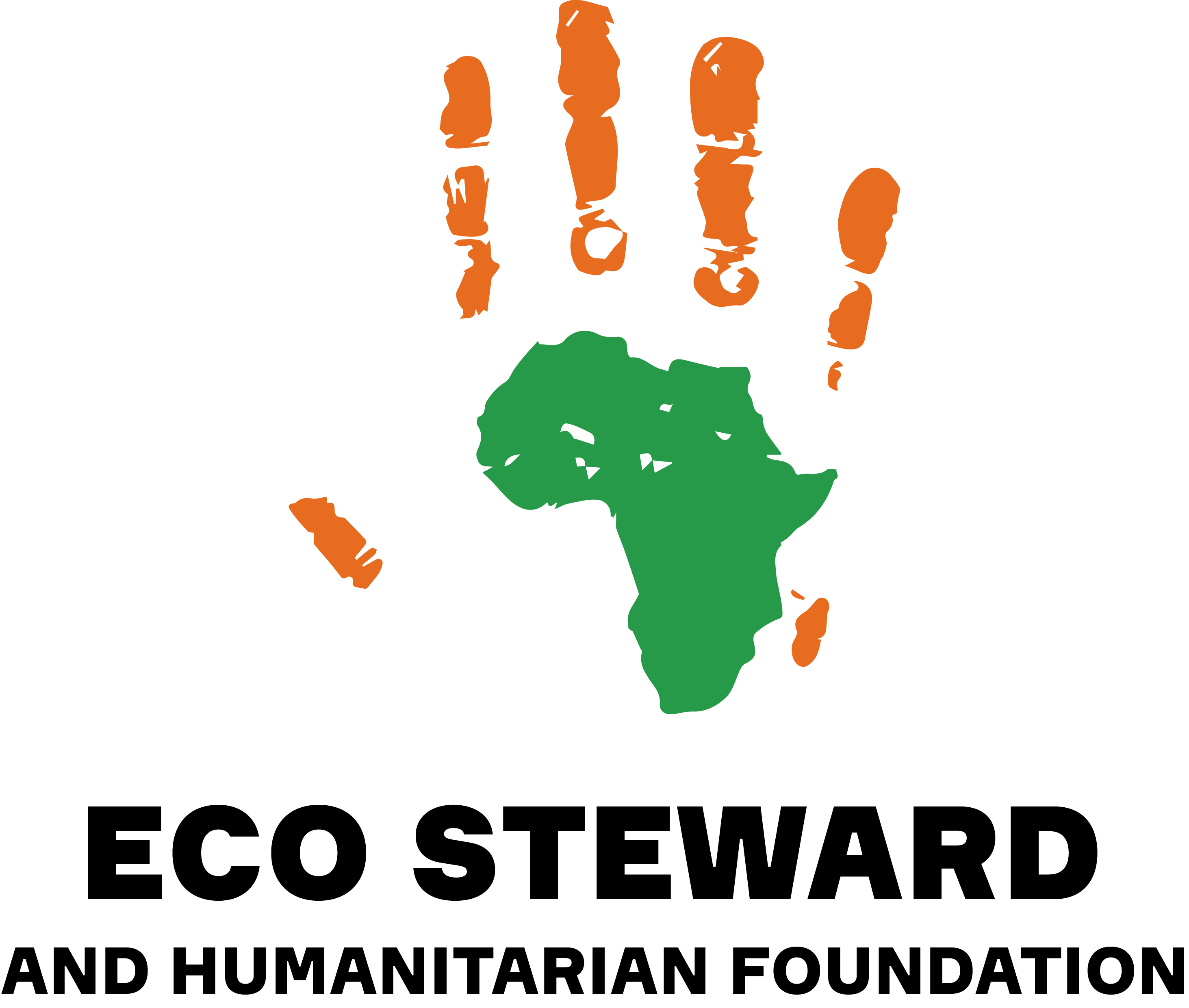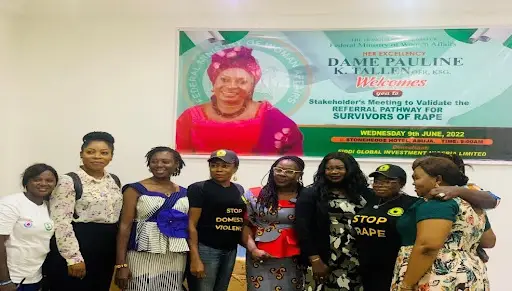Empowering Responses: Stakeholders Unite to Validate Referral Pathway for Survivors of Rape.
In a crucial step towards enhancing support for survivors of rape, Ecosteward and Humanitarian Foundation and other stakeholders recently gathered for a landmark meeting convened by the Federal Ministry of Women Affairs. The focus: to validate and update the referral pathways designed to guide responses to this pervasive issue across Nigeria.
The meeting, which began with a national prayer and welcome address by Dr. Elizabeth Jeiyol, underscored the critical need for coordinated action. Dr. Jeiyol highlighted the alarming frequency of rape cases affecting women of all ages and backgrounds, stressing the inadequacy of current societal responses.
Central to the meeting were clear objectives: ensuring consistency in updating the referral pathways, presenting stakeholders with the revised guidelines, and inviting their feedback to refine these protocols further. Participants, including Civil Society Organizations (CSOs) and Community-Based Organizations (CBOs), actively engaged in discussions that traced the pathways’ evolution from earlier national guidelines to the current standards.
Key areas of focus included policy guidelines rooted in Nigeria’s legal framework, such as the Violence against Persons Prohibition Act and the revised National Gender Policy. These guidelines serve as a foundation for structured responses when survivors interact with healthcare providers, law enforcement, NGOs, family members, or witnesses to incidents.
Throughout the meeting, stakeholders emphasized critical recommendations. These ranged from advocating for enhanced healthcare access—advocating for free medical care similar to maternity services—to strengthening police accountability and fostering community support networks. Special attention was given to the unique needs of disabled survivors, calling for tailored assistance and accessible services.
The culmination of the meeting saw stakeholders unanimously validate the updated referral pathways, marking a significant step forward in coordinated efforts against gender-based violence. Dr. Jeiyol concluded with a call to sustain these collaborative efforts, ensuring that survivors receive the comprehensive support they urgently need.
This gathering not only affirmed commitment but also set a precedent for future engagements, demonstrating the power of collective action in safeguarding vulnerable members of society. As Nigeria continues to address the complex challenge of rape, this unified approach promises hope for a safer, more supportive environment for all.

